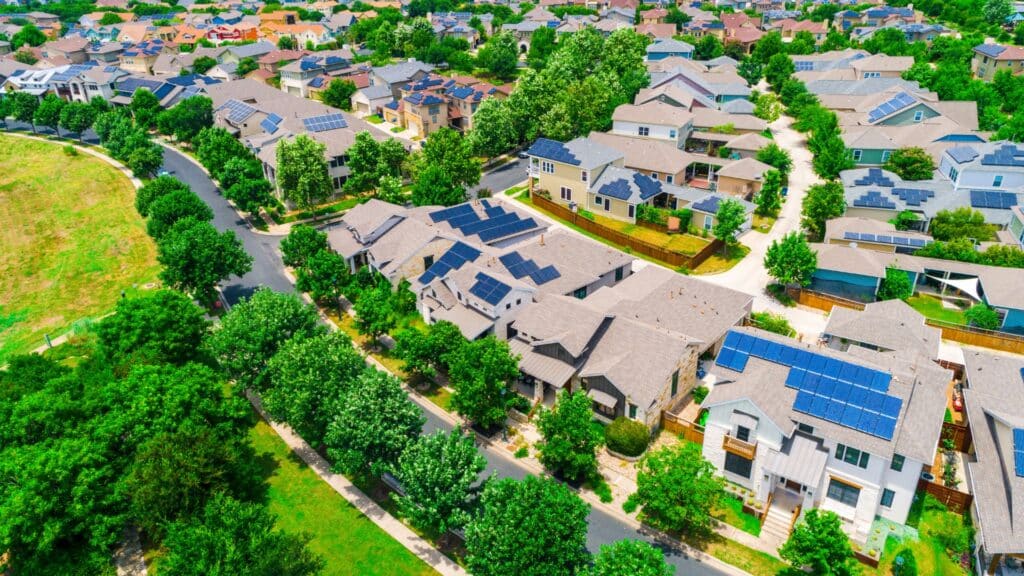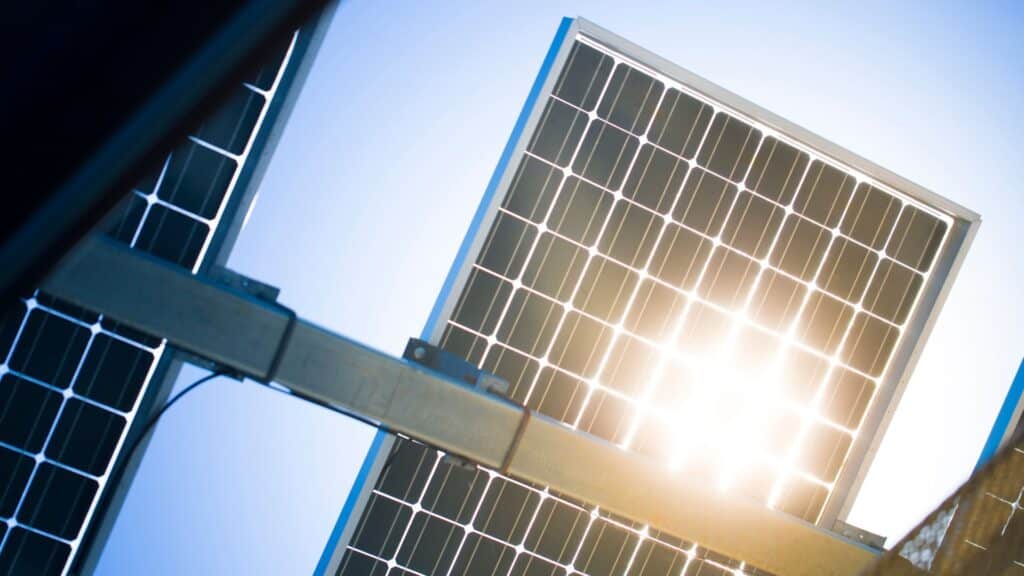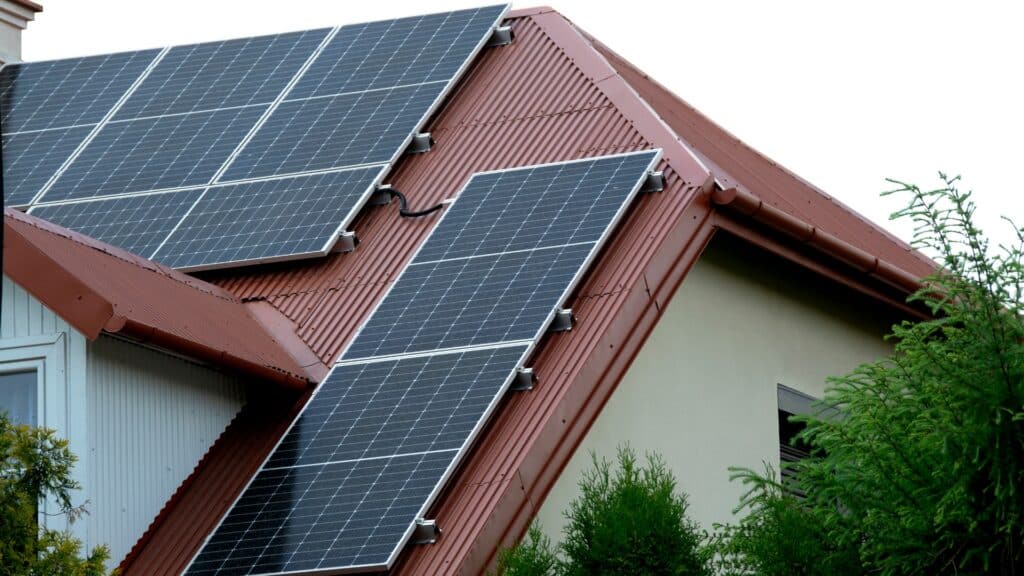Pioneering a Sustainable Future with Cost-Effective and Eco-Friendly Solar Solutions
Solar energy, championed by many as a clean energy powerhouse. whether its on your roof on a ground mounted solar panel Schoenherr Solar is swiftly becoming a preferred choice among homeowners. Companies like Schoenherr Solar are leading the way, emphasizing its eco-friendly advantages that substantially reduce carbon footprints. Moreover, its cost-effectiveness ensures homeowners can look forward to considerable savings on their utility bills. With technological advancements, solar installations offered by firms such as Schoenherr Solar are becoming increasingly efficient, solidifying it as a sustainable and progressive option for contemporary households. Look no further than Schoenherr Solar for your renewable energy needs.
The Rising Popularity of Solar Energy
The surge in solar system energy adoption among residences is a testament to its growing appeal and practicality. In recent times, nearly 4 million U.S. households have transitioned to harnessing the sun’s power for their daily needs. This shift is not just about clean energy; it’s a multifaceted boon. By integrating solar energy and your solar inverter, the electric grid’s resilience is bolstered, reducing the chances of outages. Financially, homeowners are reaping the benefits with noticeable reductions in their monthly utility bills. Furthermore, the presence of solar installations is becoming a sought-after feature in real estate, often enhancing a property’s market value and appeal.
Five Primary Benefits of Residential Solar
Affordability of Solar Panels
Solar panels, once a luxury, are now within reach of many. The costs have plummeted, making solar energy more accessible than ever.
Federal Tax Credits
The federal residential solar tax credit for your solar rooftop panels offers significant financial relief to homeowners. By allowing a 30% deduction on solar system costs, it substantially reduces the initial investment burden. However, it’s crucial to note that this incentive will slightly decrease to 26% post-January 1, 2033, emphasizing the advantage of early adoption.
Financing Options
Navigating the initial costs of solar installations can be daunting. However, numerous financing avenues exist to ease this burden. Many providers offer flexible payment plans, allowing homeowners to make manageable monthly payments, often less than traditional utility bills. This ensures a smoother transition to clean energy without heavy financial strain.
Monetary Savings with Solar
Embracing solar energy translates to tangible monetary benefits. By reducing or even eliminating utility bills, homeowners can enjoy significant savings. The exact amount hinges on electricity usage, system size, and its efficiency:
Electricity Usage: Your consumption pattern impacts savings.
System Size: Bigger systems can generate more power.
Efficiency: High-efficiency panels yield more energy.
Local Rates: Savings vary based on regional utility rates.
Maintenance: Proper upkeep ensures consistent savings over time.
Leased Solar Systems
Leased solar systems present a viable option for those hesitant about purchasing. This model allows homeowners to harness solar energy without the upfront cost, enjoying reduced electricity rates. Additionally, many leases offer fixed rates, ensuring consistent savings and protection from fluctuating energy prices for years.
Reliability During Power Disruptions
In the event of a blackout, solar systems equipped with battery storage ensure uninterrupted power. These solar-plus-storage setups empower homeowners, providing a reliable energy source independent of the grid. Thus, even amidst widespread outages, homes with such systems remain illuminated and functional.

Enhancement of Home Value
Solar installations transcend mere energy savings; they represent a strategic investment in a property. By integrating solar systems, homeowners not only reduce their utility bills but also elevate their home’s market appeal and worth. Prospective buyers often view such eco-friendly additions as a testament to a home’s modernity and sustainability. Comparable to the allure of a newly renovated kitchen or a well-finished basement, solar panels signal a home’s readiness for the future, making it more attractive in the competitive real estate market.
Market Value Boost
The Berkeley National Laboratory’s study underscores the tangible real estate benefits of solar installations. Homes equipped with solar panels are frequently perceived as modernized and forward-thinking. This “green” upgrade not only signifies a commitment to sustainability but also elevates a property’s desirability, potentially commanding higher market prices and quicker sales.
Efficacy in Various Climates
Solar panels are remarkably versatile, thriving across diverse climates. While many associate them with sunny locales, they remain effective even in colder regions like Alaska. Their design allows them to harness sunlight, not heat, ensuring electricity generation even during chilly winters. Thus, their efficacy isn’t limited by seasonal changes.
SETO’s Regional Test Centers
The U.S. Department of Energy’s Solar Energy Technologies Office (SETO) established Regional Test Centers to evaluate solar technologies across varied climates. These centers play a pivotal role in understanding how different environmental conditions impact solar performance. By conducting rigorous testing, SETO ensures solar solutions are optimized for diverse geographic locations.

Community Solar Programs
Community Solar Programs even up access to clean energy. Tailored for those without individual property or living in apartments, these initiatives pool resources to establish shared solar installations. Participants buy into the program, reaping the benefits of solar energy without individual installations, making sustainable energy accessible and communal.
Solar energy is more than just a trend; it’s a sustainable solution for our energy needs. With its myriad benefits, it’s no wonder more and more Americans are turning to the sun for their power needs.
FAQS
How much can I save with solar energy?
-
- Savings vary based on individual electricity consumption, solar system size, and its power generation capacity.
Are solar panels effective in colder climates?
-
- Yes, solar panels require only sunlight to produce electricity, making them effective even during winters.
What are the financial incentives for solar-plus-storage systems?
-
- There are various financial incentives, including federal tax credits and rebates from utility companies.
How do community solar programs work?
-
- Multiple participants benefit from a single shared solar array, with costs and installation divided amongst them.
Do solar panels increase home value?
-
- Yes, homes with solar panels often see a boost in market value.
What is the federal residential solar tax credit?
-
- It allows homeowners to claim a tax credit on the cost of solar systems, currently at 30%.
How do leased solar systems work?
-
- Homeowners can get electricity at discounted rates without buying the system, often locking in these rates for several years.
Where can I get more information on adopting solar energy?
-
- The SETO’s Homeowner’s Guide to Going Solar is a great resource.



